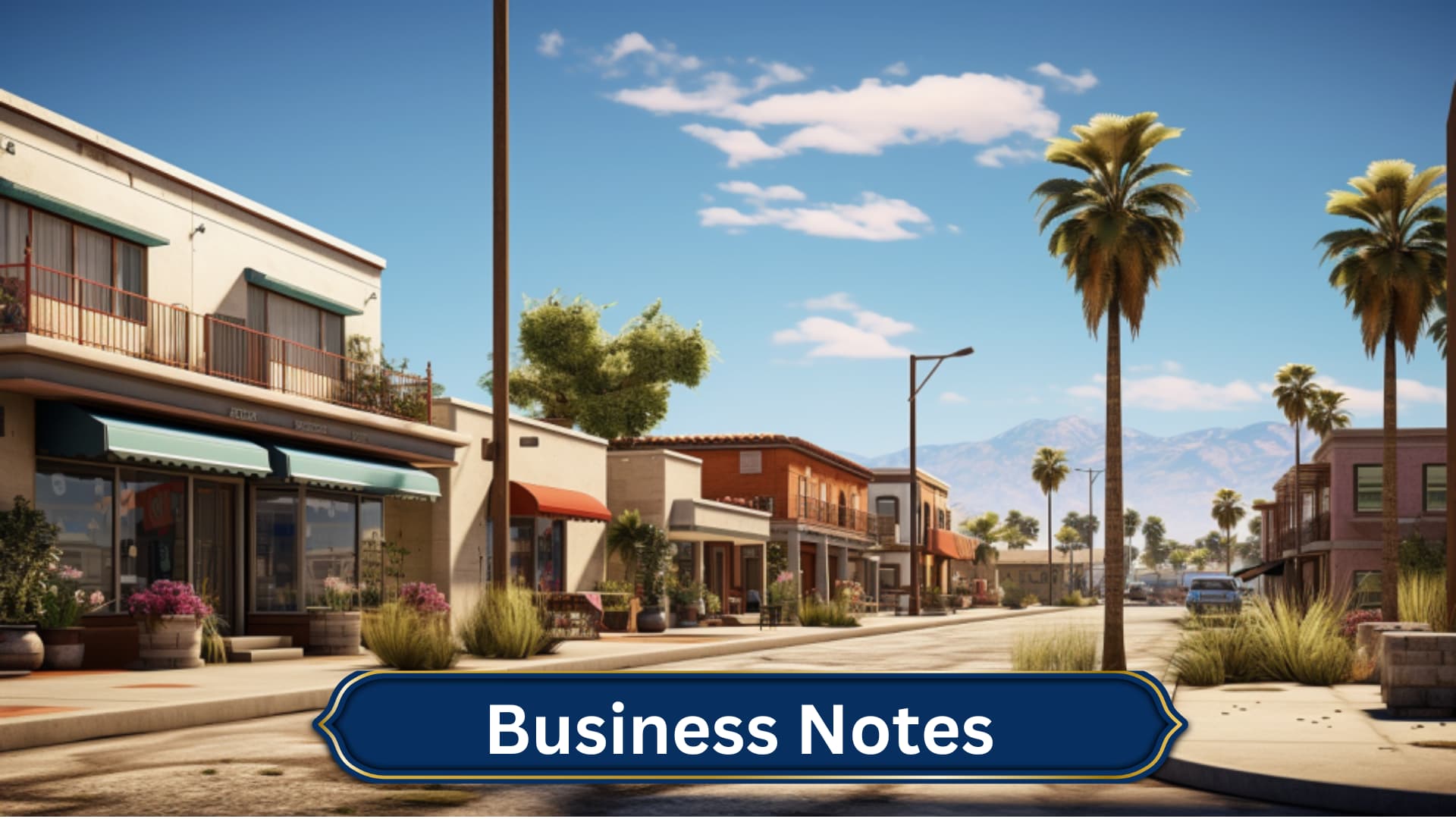Real Estate Mortgage Note Buyer Georgia
Top Note Buyer In USA
How Does It Work in Georgia
Step 1-Fill Online Quote Form & Receive Cash Offer.
Start the process by completing our online quote form, and within no time, you'll receive a cash offer.
Step 2-Accept The OfferAfter Reading All terms.
Accept the offer after thoroughly reviewing all terms and conditions of the note sale.
Step 3-Sign Sale Agreement And Send Back.
Sign the sale agreement provided by our brokerage and promptly return it back to us.
Step 4-We Open Escrow, Order Title & Appraisal
Initiating Transaction Security: We Open Escrow, Secure Title, and Evaluate Property Value with an Appraisal.
Step 5-All Underwritting is Done and Closing is Scheduled.
All underwriting is complete, and the closing date is scheduled for the finalization of the transaction.
Step 6-Get The Cash Once DocsSigned and Sale Closed.
After the documents are signed and the sale has successfully closed, you'll receive the lump sum cash.
Types Of Notes We Buy in Georgia

Real Estate Mortgage Notes in Georgia:
Real estate mortgage notes represent a crucial aspect of the real estate and finance industries. These notes are legal documents that detail the terms and conditions of a loan used to purchase a property. They specify the borrowed amount, interest rate, payment schedule, and the property used as collateral. The note holder, typically a lender or investor, has the right to receive regular payments from the borrower, which consist of both principal and interest. These notes can be either performing (with on-time payments) or non-performing (with delinquencies). Investors often buy and sell mortgage notes, providing an avenue for lenders to liquidate assets or diversify their portfolios. Additionally, selling mortgage notes can offer immediate liquidity for note holders. Understanding the dynamics of real estate mortgage notes is essential for both borrowers and investors, as they play a pivotal role in the real estate financing landscape.

Commercial Notes in Georgia:
Commercial notes, also known as commercial promissory notes or business notes, are financial instruments used in commercial real estate transactions and business financing. These notes represent a promise to repay a specific sum of money, typically with interest, within a specified time frame. Commercial notes can take various forms, including mortgages, deeds of trust, and unsecured promissory notes. They play a pivotal role in facilitating lending between businesses and individuals, enabling businesses to secure essential capital for expansion, operations, or real estate investments. Investors often purchase commercial notes to earn interest income or as an investment strategy. The terms and conditions of commercial notes can vary widely, depending on the parties involved and the specific financial arrangement, making them a versatile tool in the world of commercial finance.

Business Notes in Georgia:
Business notes, also known as promissory notes or commercial notes, are financial instruments that outline a formal promise for the repayment of a debt. These notes are commonly used in various business transactions. When a business extends credit to another party, it often requires the debtor to sign a business note as a legal commitment to repay the borrowed amount along with any agreed-upon interest. Business notes can serve multiple purposes, such as financing working capital, purchasing inventory, or facilitating equipment acquisitions. They specify important details like the principal amount, interest rate, repayment schedule, and any collateral involved. Business notes provide a clear and legally binding record of the terms and conditions of a loan, enhancing transparency and accountability in commercial dealings.

Land Contracts in Georgia:
A land contract, also known as a contract for deed or an installment sale agreement, is a real estate transaction method wherein a buyer purchases property from a seller over time, often without traditional bank financing. In a land contract, the buyer agrees to make regular payments to the seller, typically over several years, in exchange for the right to occupy and use the property. Unlike a traditional mortgage, the legal title to the property remains with the seller until the buyer fulfills the contract’s terms, usually by making all the payments. Once the contract is satisfied, the buyer receives the deed and becomes the property’s full owner. Land contracts can be advantageous for buyers who may not qualify for conventional financing or prefer a flexible payment arrangement, but they also come with unique risks and legal considerations that both parties should thoroughly understand before entering into such an agreement.

Non-Performing Notes in Georgia:
Non-performing notes, often referred to as NPNs, are debt instruments, typically promissory notes or mortgages, on which the borrower has ceased making regular payments, and the loan is in default. These notes represent a financial asset that has lost its income-generating capacity due to the borrower’s failure to meet payment obligations. Investors and financial institutions may choose to sell non-performing notes to mitigate risk, remove non-performing assets from their portfolios, or seek quicker resolution through the sale to specialized buyers. Buyers of NPNs often aim to either rehabilitate the loan by working with the borrower on new terms or to acquire the underlying collateral property through foreclosure or deed in lieu. Non-performing notes can offer opportunities for investors to potentially turn them into performing assets or gain ownership of the collateral at a discounted price, but they also carry inherent risks and complexities that require careful evaluation and management.
Types Of Property We Buy Notes On Georgia
Types Of Property We Buy Notes On Georgia

Benefits of Selling Your Mortgage Note in Georgia
-
Unlock Your Future
Harness the substantial cash now to fulfill long-term goals – invest, construct, acquire.
-
Stress-Free Payment Collection
Selling your note means we handle monthly payments, relieving you of the collection stress.
-
Improve Planning with Lump Sum Cash
With a lump sum payment, you can avoid your monthly earnings being consumed by everyday expenses, allowing you to save, invest, and plan for a more secure future.
-
Buyer Assurance
Rest assured, your purchaser is well taken care of. We handle servicing for the entire duration of the note, ensuring they have a dedicated point of contact for payments and maintaining consistency in payment amounts. Timely payments made by them will contribute to the enhancement of their credit score.
Selling Notes To Cash Note USA Simplified in Georgia:
Understanding the Mortgage Note Sale Process with Cash Note USA in Georgia
Selling a mortgage note is a significant financial decision that involves several crucial steps. Understanding the mortgage note sale process is essential for anyone looking to unlock the value of their promissory note. Below, we provide a detailed explanation of each stage:
1. Initial Inquiry:
- The process begins when a note holder or investor makes an initial inquiry to a purchasing company like yours. This inquiry typically involves providing basic information about the note, such as the outstanding balance, interest rate, property type, and borrower details. This information helps the purchasing company assess the note’s potential value.
2. Valuation and Offer:
- Based on the information provided, the purchasing company conducts a thorough evaluation to determine the fair market value of the mortgage note. Factors like interest rates, remaining term, property value, and borrower creditworthiness all play a role in this valuation. Once the assessment is complete, the company extends a purchase offer to the note holder.
3. Due Diligence:
- Upon accepting the offer, due diligence begins. This involves a comprehensive review of the note’s documentation, including the original loan agreement, payment history, and any other relevant records. The purchasing company verifies the note’s legitimacy and assesses its risk profile during this stage.
4. Negotiation and Agreement:
- After successful due diligence, negotiations may occur to fine-tune the terms of the transaction. This phase allows both parties to discuss and agree upon specifics like the purchase price, closing timeline, and any special conditions. Once all parties are satisfied, they formalize the agreement in a legally binding contract.
5. Closing the Sale:
- The closing phase is where the final steps of the transaction take place. Depending on the state in which the property is located, this may involve an attorney or escrow service. The note holder transfers the legal ownership of the mortgage note to the purchasing company, and any necessary documents are executed. Funds are typically held in escrow until all conditions are met.
6. Receiving Cash Proceeds:
- Finally, upon completion of the sale and satisfaction of all conditions, the purchasing company releases the agreed-upon funds. These funds are transferred to the note holder’s designated account. The exact timeline for receiving the cash proceeds may vary depending on the specifics of the transaction.
Documents Needed for selling Your Promissory Notes in Georgia
Document Requirements for Obtaining a Quote:
When you’re considering selling your promissory note, the first crucial step is obtaining a quote from a potential buyer. To do this effectively, you’ll need to provide certain documents and information to ensure an accurate valuation. Here are the key document requirements:
Promissory Note Information: You’ll need to supply details about the promissory note itself. This includes the note’s outstanding balance, interest rate, and any specific terms or conditions outlined in the note.
Property Details: Information about the property securing the note is essential. This includes the property’s type (residential, commercial, etc.), its location, and its current market value.
Borrower Information: Provide information about the borrower, such as their credit history, payment history, and any relevant personal details. The borrower’s creditworthiness can impact the note’s value.
Loan Agreement: If available, include a copy of the original loan agreement, which outlines the terms and conditions of the loan. This document helps potential buyers understand the specifics of the note.
Payment History: A record of the borrower’s payment history can be invaluable. It shows whether the borrower has been making payments on time and helps assess the note’s performance.
Property Appraisal: In some cases, an updated property appraisal may be required to determine the property’s current value accurately.
Title Insurance Policy: Providing a copy of the title insurance policy can help verify the property’s legal ownership and any existing liens or encumbrances.
Documents Required for the Sale of the Promissory Note:
Once you’ve received an offer and decided to proceed with the sale, you’ll need to provide additional documents for the transaction to move forward smoothly. These documents may include:
Signed Purchase Agreement: This contract outlines the terms and conditions of the note sale, including the purchase price, closing date, and any contingencies.
Assignment of Mortgage or Deed of Trust: This document transfers the rights to the promissory note and the associated mortgage or deed of trust to the buyer.
Warranty Deed or Quitclaim Deed (if applicable): Depending on the specifics of the transaction, you may need to provide a warranty deed or quitclaim deed to transfer ownership of the property to the buyer.
Seller’s Affidavit: This document may be required to confirm the seller’s identity and that they have the legal authority to sell the note.
Estoppel Certificate: An estoppel certificate is often used in commercial transactions and confirms the outstanding balance of the note, the interest rate, and any other critical terms.
Closing Statement: A closing statement provides a detailed breakdown of the financial aspects of the transaction, including any adjustments, credits, or fees.
Attorney or Escrow Agent Information: If the sale is closing through an attorney or escrow agent, their contact information and relevant documents will be necessary.
Preparing for a Successful Note Sale in Georgia
Preparing for a successful note sale is a critical step in the process of monetizing your promissory note or mortgage. It involves careful consideration of the offer you’ve received and ensuring that you’re fully prepared to move forward with the transaction. Here’s a detailed explanation of the key aspects to consider:
1. Reviewing the Offer: Before accepting any offer, thoroughly review the terms and conditions. Pay close attention to the purchase price, any contingencies, and the timeline for closing. Ensure that the offer aligns with your financial goals and expectations.
2. Negotiating Terms (If Necessary): If the offer doesn’t quite meet your expectations, don’t hesitate to negotiate. You can discuss aspects like the purchase price, down payment, or any specific conditions you’d like to include in the agreement. Effective negotiation can lead to a more favorable deal.
3. Understanding Tax Implications: Consult with a tax advisor to understand the potential tax implications of selling your promissory note. Depending on your individual circumstances and the type of note, there may be capital gains tax or other tax considerations to take into account.
4. Evaluating Financial Goals: Consider your financial goals and how the sale of your note fits into your overall financial plan. Think about how you intend to use the funds from the sale and whether it aligns with your short-term and long-term objectives.
5. Conducting Due Diligence: Ensure that you have conducted due diligence on the buyer. Verify their credibility and reputation in the industry. This step is crucial to minimize the risk of fraudulent transactions and to ensure a smooth sale process.
6. Gathering Required Documents: Collect all the necessary documents as outlined in the agreement. This may include the promissory note, the original loan agreement, any records of payments, and other supporting documents. Having these ready will expedite the closing process.
7. Comprehending the Closing Process: Understand the specifics of the closing process. Depending on your location and the buyer’s preferences, the closing may occur through an attorney or an escrow service. Familiarize yourself with the steps involved, the role of the closing agent, and the timeline for completion.
8. Finalizing the Agreement: Once all terms are agreed upon, ensure that the purchase agreement is finalized and signed by all parties involved. Review it carefully to confirm that it accurately reflects the terms you’ve negotiated.
9. Staying Informed: Stay informed and keep lines of communication open with the buyer and any involved intermediaries. Being responsive to requests for information or additional documentation can help keep the process on track.
10. Preparing for Disbursement: Be prepared to receive the proceeds from the sale. Ensure that your bank account information is accurate and up to date, so the funds can be transferred smoothly upon closing.
Closing the Sale and Receiving Your Funds in Georgia
Closing the sale of your mortgage promissory note is the final and critical step in the transaction process. It’s the point where all the details of the sale are formalized, and you receive the agreed-upon funds in your account. This stage ensures that both parties, the seller (you) and the buyer (the purchasing entity), fulfill their obligations as outlined in the sale agreement.
1. Choosing the Closing Method:
Depending on the state and the specifics of your note sale, the closing can be conducted through either an attorney or an escrow service. The choice of method often depends on local regulations and customary practices. Your note buyer or their representatives will guide you on the appropriate closing method for your transaction.
2. Due Diligence and Final Review:
Before the closing, the buyer will typically conduct a final review of the transaction to ensure all aspects are in order. This includes verifying the accuracy of the note and the completeness of documentation. Any outstanding issues or concerns should be addressed and resolved during this phase.
3. Signing the Closing Documents:
At the closing, you will be required to sign various documents that formalize the sale. These documents may include a bill of sale, an assignment of the note, and any necessary disclosures. It’s essential to review these documents carefully and seek legal advice if needed to ensure you understand the terms and implications.
4. Escrow or Attorney Oversight:
If the transaction involves an escrow service, an escrow agent will oversee the process impartially, ensuring that all conditions are met by both parties before releasing funds. In the case of attorney-led closings, the attorney will facilitate the process and ensure that all legal requirements are met.
5. Disbursement of Funds:
Once all conditions are met and the closing documents are signed, the buyer will release the funds as specified in the sale agreement. This typically includes the purchase price minus any agreed-upon fees or costs, which are often covered by the buyer. The funds will be sent to your designated bank account or through a method agreed upon in advance.
6. Post-Closing Confirmation:
After the funds have been disbursed, it’s advisable to confirm the successful receipt of funds in your account. Ensure that the amount matches the agreed-upon purchase price and that there are no discrepancies.
7. Conclusion and Record Keeping:
With the successful closing and funds in your possession, the sale of your mortgage promissory note is complete. It’s essential to keep copies of all closing documents and records for your financial records and potential future reference.
Why Choose US To Sell Your Note in Georgia.
Fast Cash Quote
"Receive a quick cash quote when selling your promissory note, ensuring a swift and hassle-free transaction that meets your financial needs."
Highest Offer
"Maximize your return by securing the highest offer for your promissory note. Don't settle for less; let us help you achieve the best deal possible."
First Class Service
"Experience unparalleled service when selling your promissory note. Our commitment to excellence ensures a first-class experience every step of the way."
Contact Us:
Cash Note USA
Georgia
- Call - 888-297-4099
- E-Mail- cashnoteusa@gmail.com
- Web - https://cashnoteusa.com/
Did You Know This About Georgia?
Georgia is defined by a diversity of landscapes, flora, and fauna. The state’s northernmost regions include the Blue Ridge Mountains, part of the larger Appalachian Mountain system. The Piedmont plateau extends from the foothills of the Blue Ridge south to the Fall Line, an escarpment to the Coastal Plain defining the state’s southern region.
Note Acquisition Areas Near Georgia
Atlanta GA
Savannah GA
Athens GA
Columbus GA
States That We Buy Notes In
Local City Data in Georgia
Housing & Demographics Data. Local Data is Collected from sites like:
www.city-data.com , www.webdatausa.io www.www.towncharts.com Etc.
Click Here
Some Questions Note Holders Ask.
Answer: Our company specializes in buying a wide range of real estate mortgage notes, making it convenient for sellers with diverse property investments.
Answer: Our goal is to make the process transparent and straightforward for you, ensuring a smooth and efficient sale.
Answer: Proper documentation is crucial for a successful sale, and we can assist you in preparing the required paperwork.
Answer: Our experts use a comprehensive evaluation process to provide you with a competitive offer based on your note’s specific details.
Answer: Your satisfaction with the offer is essential to us, and we are open to discussing adjustments when needed.
Answer: We provide guidance on the legal and tax aspects of note selling, but consulting experts is always advisable.
Answer: We work diligently to complete transactions as quickly as possible, but timelines may vary based on individual circumstances.
Answer: Your privacy and data security are paramount, and we take all necessary steps to safeguard your information.
Answer: We ensure that all necessary steps are taken to finalize the sale seamlessly.
Answer: You can expect a hassle-free process for receiving the funds from the sale of your note.
A commercial promissory note is a legally binding document representing a debt obligation between a borrower and a lender in a commercial real estate transaction. Sellers often choose to sell these notes to access immediate cash, diversify their investments, or reduce risk exposure.
The value of your commercial note is assessed based on factors such as the remaining balance, interest rate, property type, creditworthiness of the borrower, and market conditions. Our experts conduct a thorough evaluation to provide you with a competitive offer.
Yes, you have the option to sell a partial interest in your commercial note. This allows you to receive a lump sum while retaining a portion of the note’s future payments.
To initiate the sale, you’ll typically need the original promissory note, deed of trust or mortgage, and a payment history. Additional documents may be required based on the specifics of your note.
The timeline for selling a commercial note can vary based on factors like document preparation, due diligence, and legal procedures. Our aim is to complete transactions as efficiently as possible.
Legal and tax considerations can vary by jurisdiction and the specific terms of your note. It’s advisable to consult with legal and tax professionals to ensure compliance with applicable laws and to optimize your financial strategy.
Yes, you can negotiate the offer we provide. Our goal is to arrive at terms that are mutually beneficial, and we encourage open communication during this process.
The sale proceeds are typically deposited directly into your designated bank account upon closing. The timeline for this step may vary based on the specifics of the transaction.
We prioritize the security of your information and employ industry-standard security measures to protect your data throughout the note selling process.
After accepting the offer, we assist you in preparing the necessary legal documents, including the purchase agreement. Depending on the state in which your property is located, the closing process may involve an attorney or escrow agent. We guide you through each step to ensure a smooth transaction.
Answer: A business promissory note is similar to a personal promissory note but is used for business transactions. It serves as evidence of a debt owed by a business entity.
Answer: Selling your business promissory note can offer financial advantages and align with your current financial goals and needs.
Answer: Our expertise extends to a wide range of business notes, making us a suitable buyer for various types of transactions.
Answer: Our experienced team uses a thorough evaluation process to provide a competitive offer for your business promissory note.
Answer: We are open to negotiations and strive to reach mutually beneficial agreements with our sellers.
Answer: We recommend seeking expert advice to ensure a smooth and compliant transaction while managing tax implications.
Answer: While each transaction is unique, we work diligently to expedite the process and provide timely access to funds.
Answer: Our team ensures a smooth transition from acceptance to closing, keeping you informed at every step.
Answer: We prioritize a secure and convenient funds transfer process for our sellers.
Answer: We encourage sellers to make informed decisions based on their financial objectives and the benefits of selling their business promissory note.
Answer: A land contract is an alternative financing option used in real estate transactions, providing flexibility for both buyers and sellers.
Answer: Selling your land contract can provide immediate financial flexibility and eliminate the ongoing responsibilities of managing the contract.
Answer: Our expertise extends to different types of land contracts, ensuring we can assist sellers regardless of the property’s nature.
Answer: We assess these factors to determine a competitive offer for your land contract. The value of your land contract is influenced by factors such as the remaining balance, interest rate, payment history, and the creditworthiness of the buyer.
Answer: Having these documents in order is crucial to initiate the sale process. Commonly required documents include the land contract agreement, the promissory note, the deed, and a payment history. We provide a comprehensive document checklist for your convenience.
Answer: We value transparency and are open to discussing terms that align with your financial goals. Yes, you can negotiate the offer we provide. We encourage open communication to ensure you are comfortable with the terms of the sale.
Answer: We can work alongside your legal representation to ensure all legal aspects are addressed. It’s important to be aware of any legal implications when selling your land contract. We recommend consulting with legal professionals to address specific concerns.
Answer: We understand the importance of efficiency and work diligently to complete transactions promptly. The timeline for completing the sale can vary based on factors such as document preparation, due diligence, and state regulations. We aim to expedite the process as much as possible.
Answer: We prioritize secure and efficient fund transfers. Upon closing the sale, the proceeds from your land contract will typically be deposited directly into your designated bank account.
Answer: We provide guidance and support to help you determine if selling your land contract aligns with your objectives. Ultimately, the decision to sell your land contract depends on your financial goals and needs. We recommend discussing your options with our team and financial advisors to make an informed choice.
Answer: Non-performing notes are often associated with increased risk, and selling them can provide liquidity and reduce exposure to potential losses. A non-performing note is a loan or promissory note where the borrower has stopped making regular payments, typically due to financial difficulties or default.
Answer: Our expertise covers various types of non-performing notes, allowing us to work with sellers from diverse backgrounds. We purchase a wide range of non-performing notes, including residential mortgage notes, commercial property notes, and business promissory notes.
Answer: Our experienced team conducts a thorough evaluation to determine a fair and competitive offer for your non-performing note. The value of a non-performing note is assessed based on factors such as the remaining balance, property type, location, and the borrower’s financial situation.
Answer: Our goal is to work collaboratively with sellers to reach a mutually beneficial agreement. Yes, you can negotiate the offer. We encourage open communication to ensure the terms align with your expectations.
Answer: We provide sellers with a comprehensive checklist to ensure all necessary documents are in order for a smooth transaction. Commonly required documents include the original promissory note, deed of trust or mortgage, payment history, and any relevant legal documents.
Answer: We work diligently to complete transactions as efficiently as possible while adhering to legal requirements. The timeline can vary based on factors such as document preparation, due diligence, and the state’s foreclosure laws. We aim for efficiency but prioritize thoroughness.
Answer: We recommend seeking professional advice to navigate these complexities effectively. Selling a non-performing note may have legal and tax implications. It’s advisable to consult legal and financial professionals to address specific concerns.
Answer: Our team ensures that the transaction progresses smoothly from acceptance to closing. After accepting the offer, we guide you through the closing process, which may involve legal procedures, document preparation, and the transfer of ownership.
Answer: We prioritize a secure and efficient funds transfer process to ensure you receive your proceeds promptly. The sale proceeds are typically deposited into your designated bank account upon closing of the transaction.
Answer: We encourage sellers to explore their options and make informed decisions based on their unique circumstances and objectives. Selling a non-performing note can provide immediate liquidity and reduce financial risk, but it’s important to consider your individual goals and consult financial advisors.






